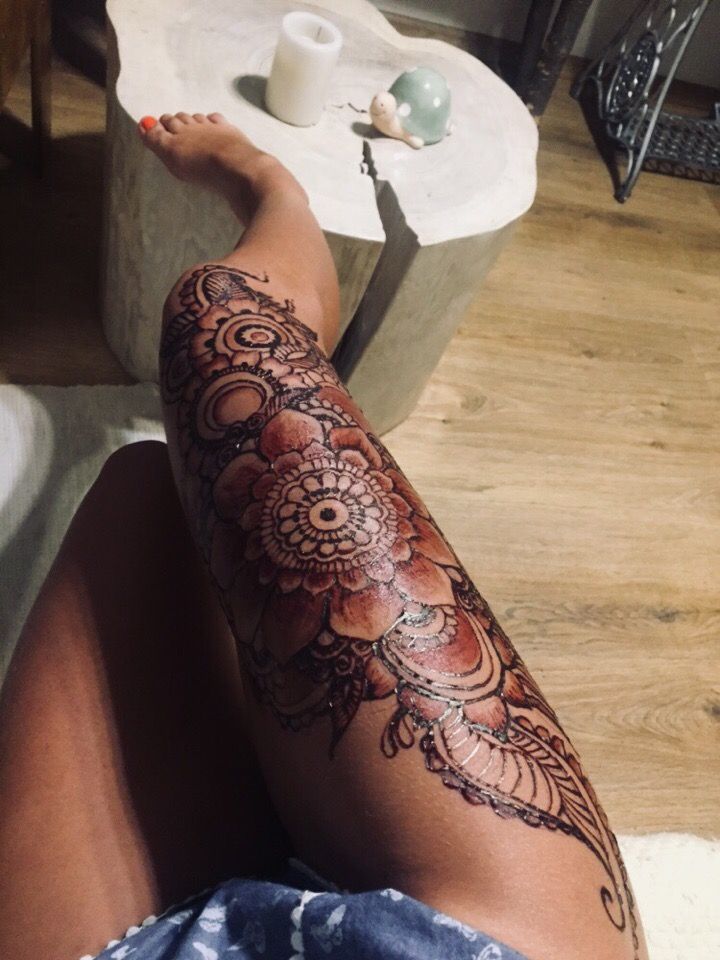
Tattoos have been a thing since we can remember. And in 2024, it’s becoming even more popular amongst young people. But with this body art and self-expression, comes some anxiety for many. This might seem a bit over the top for some of you who confidently walk into the tattoo parlor, knowing exactly what you want. But hear us out. There’s a good bunch of us on the other side of the fence who can’t quite shake off the rollercoaster of thoughts. Thoughts like, “What if I don’t like it tomorrow?” or grappling with the stigma sometimes still attached to tattoos, worrying about parental backlash, or how it might wrinkle with age. If this sounds like you then you’re not alone. However, let’s talk an alternative-Henna.
This conversation isn’t meant to convince you towards the nearest tattoo shop with a newfound resolution. Rather, it’s about exploring something you’ve probably noticed popping up more and more: Hennas.
Henna might not need any special introduction, but let’s talk about the essentials. Henna is an ancient form of body art that’s deeply rooted in the traditions of various cultures across the world, in places like the Middle East, Africa, and South Asia. It involves applying a paste made from the leaves of the henna plant, which then stains the skin with its natural dye, leaving a beautiful design that fades over time.
The temporal and natural factor of henna is exactly what makes it stand out. This isn’t a lifelong commitment; it’s a body art that can last anywhere from two to six weeks. And when we say it’s all natural, we mean it. The traditional henna mix is gotten from plant-based ingredients. It’s basically vegan.
Now, let’s get into the real conversation: Hennas as an alternative. It seems that henna has gracefully creeped into the spotlight as a temporary substitute for tattoos. It’s become an option for those of us on that rollercoaster of indecision. For anyone worried about how permanent tattoos are, henna offers a beautiful and temporal way to explore body art, with less anxiety and no lifelong commitment. We’ve seen henna designs range from simplistic and minimalistic to elaborate, matching the versatility often seen with tattoos.
As we consider this body art, it’s important that we know some of the misconceptions surrounding hennas. For one, henna is not a lesser form of body art. The skill, tradition, and creativity involved in henna applications are as rich and complex as any tattoo artistry. Another misconception is the fear of safety or allergic reactions. True natural henna, made from pure plant materials, is generally safe for most skin types. The problems come up with so-called black henna which usually contains harmful chemicals. What we need to be on the safe side is a bit of research and a trustworthy artist.
At the end of the day, whether you choose to explore permanent tattoos, embrace the art of henna, or stay completely, the journey is deeply personal. For those of us not quite ready to commit to a permanent mark, henna serves as a beautiful, temporary form of expression. It’s about enjoying the art on our skin as it comes and letting it go when the time is right. The most important commitment is to our freedom to choose, to change, and to grow – with or without ink.
Here are some of our favorite henna designs:










